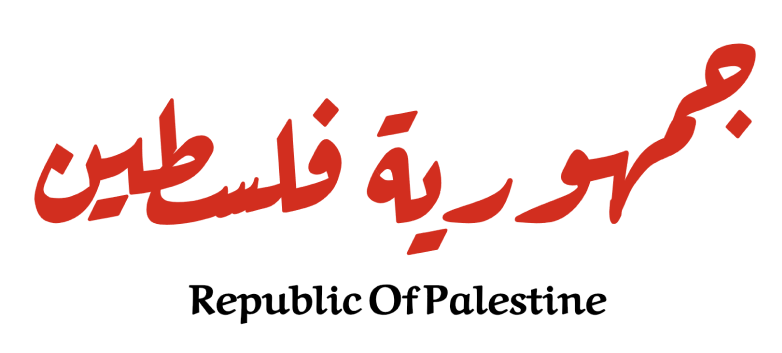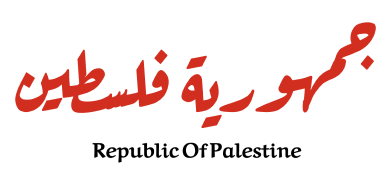To restrict and punish those opposing the Israeli genocide and occupation…
German parties, including both the ruling coalition and opposition parties, have reached a consensus on a new draft law called the “Law for the Protection of Jewish Life in Germany,” aimed at tightening sanctions against those opposing “Israel.” According to the German magazine Der Spiegel, the law includes a ban on “anti-Israel institutions” and activities supporting the boycott of the Israeli occupation, especially the BDS movement. The law also proposes amendments to criminal, residency, and citizenship laws, allowing for the revocation of residency or citizenship, specifically targeting migrants from the Near and Middle East and North Africa, as well as what it describes as “anti-imperialist leftists associated with Israel,” referring to groups opposed to Israeli authorities in Germany.
The ruling coalition, led by Chancellor Olaf Scholz, and the opposition represented by the Christian Democratic Union and Christian Social Union alliance, have discussed for over a year the formulation of legal and security measures to combat anti-Israel sentiment, linking activities opposing the genocide committed by Israeli authorities against the Palestinian people with “anti-Semitism,” which is prohibited under German law.
The draft, published by Der Spiegel and set to be presented to the German Parliament (Bundestag) for approval, includes the following points:
Legal Amendments: Aimed at closing legal loopholes to tighten criminal sanctions and measures related to asylum, residency, and citizenship against targeted groups.
Ban on Organizations: The new law will empower authorities to review and ban the activities of associations and organizations deemed “extremist.”
Artistic and Cultural Sector: The law calls on local authorities to halt funding for projects considered “anti-Semitic” in Germany and highlights criticisms directed at Israel following events in Gaza during the recent Berlin Film Festival, urging serious handling of such incidents.
Schools and Universities: The law encourages school and university administrations to take disciplinary actions against what the draft describes as “anti-Semitic attacks,” such as expulsion from schools or universities, stressing the need to close legal loopholes in local laws to enforce these sanctions.
The proposed draft law has sparked widespread debate on the “X” platform among journalists and academics. Richard Probst, head of the Middle East and North Africa Studies Department at the Friedrich Ebert Foundation, expressed his discontent on his account, stating: “It would be a dark day if these legal amendments were passed as is. It is rare for the discussion to take this course, lacking transparency and without openness to debate in the parliament and civil society forums.”






